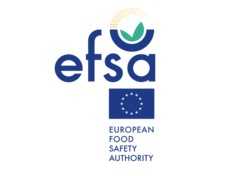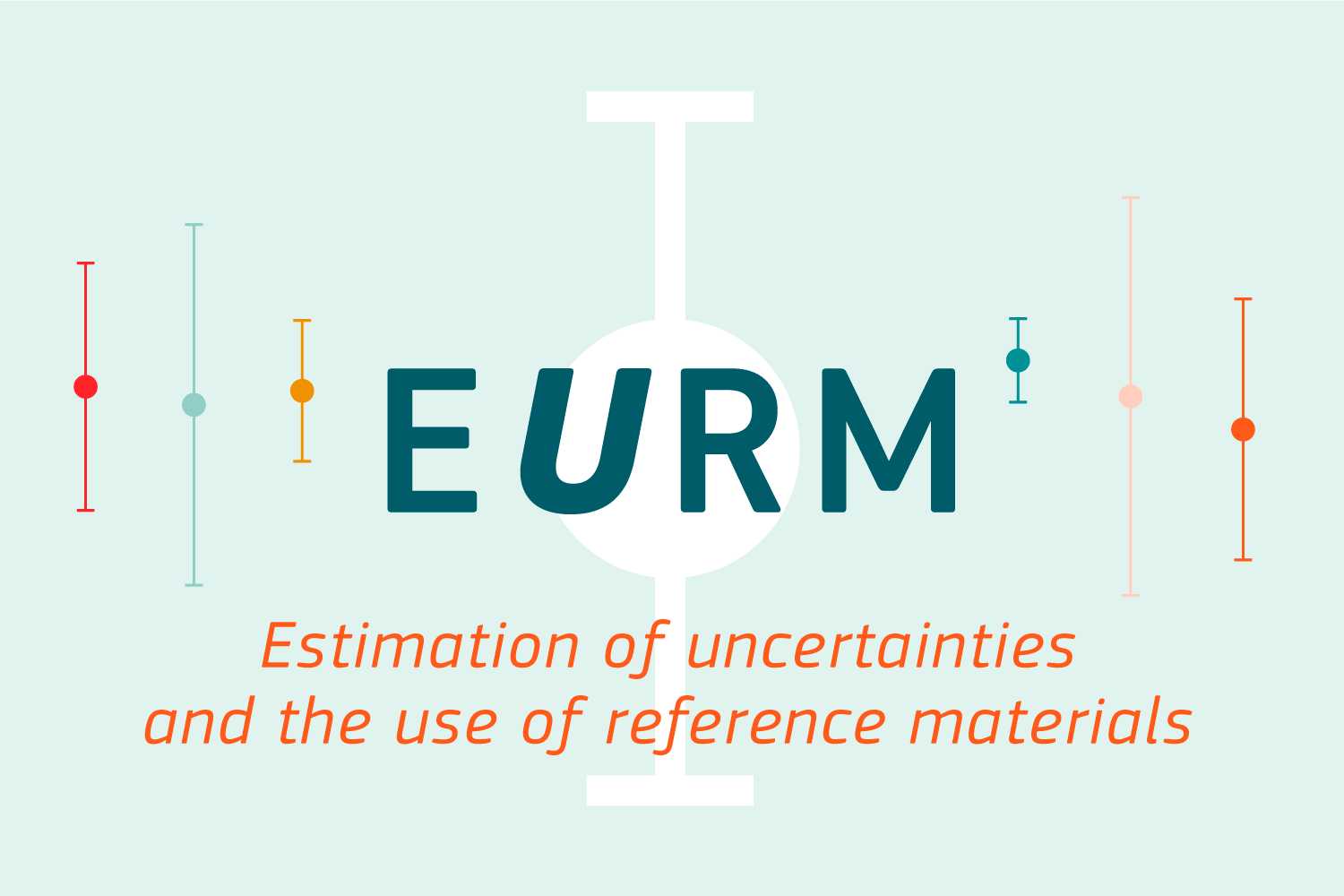Uncertainty analysis in EFSA’s scientific assessments
A few hours
Beginner
Course details
This self-paced course is structured in three modules developed by the Karolinska Institute for EFSA and EFSA experts on uncertainty analysis. This training provides a comprehensive introduction to uncertainty analysis as applied in assessments conducted by EFSA. Participants will explore key concepts, methods, and practical applications of uncertainty analysis in the context of EFSA’s scientific opinions.
Target audience
The course is suitable for members of EFSA’s Scientific Committee/Panels, their working groups, members of the EFSA Networks, and EFSA staff.
Learning objectives
On successful completion of this course you will be able to:
- Understand the key principles and concepts of uncertainty analysis.
- Understand the EFSA Guidance on uncertainty analysis in scientific assessments.
EFSA is an agency of the European Union set up in 2002 to serve as an impartial source of scientific advice to risk managers and to communicate on risks associated with the food chain.

Schedule
- Welcome
- Module 1 - Introduction & identifying uncertainties
- Module 2 - Basic options for assessing uncertainty
- Module 3 - Refined options for assessing uncertainty



